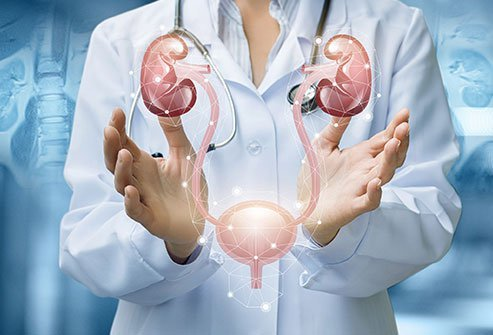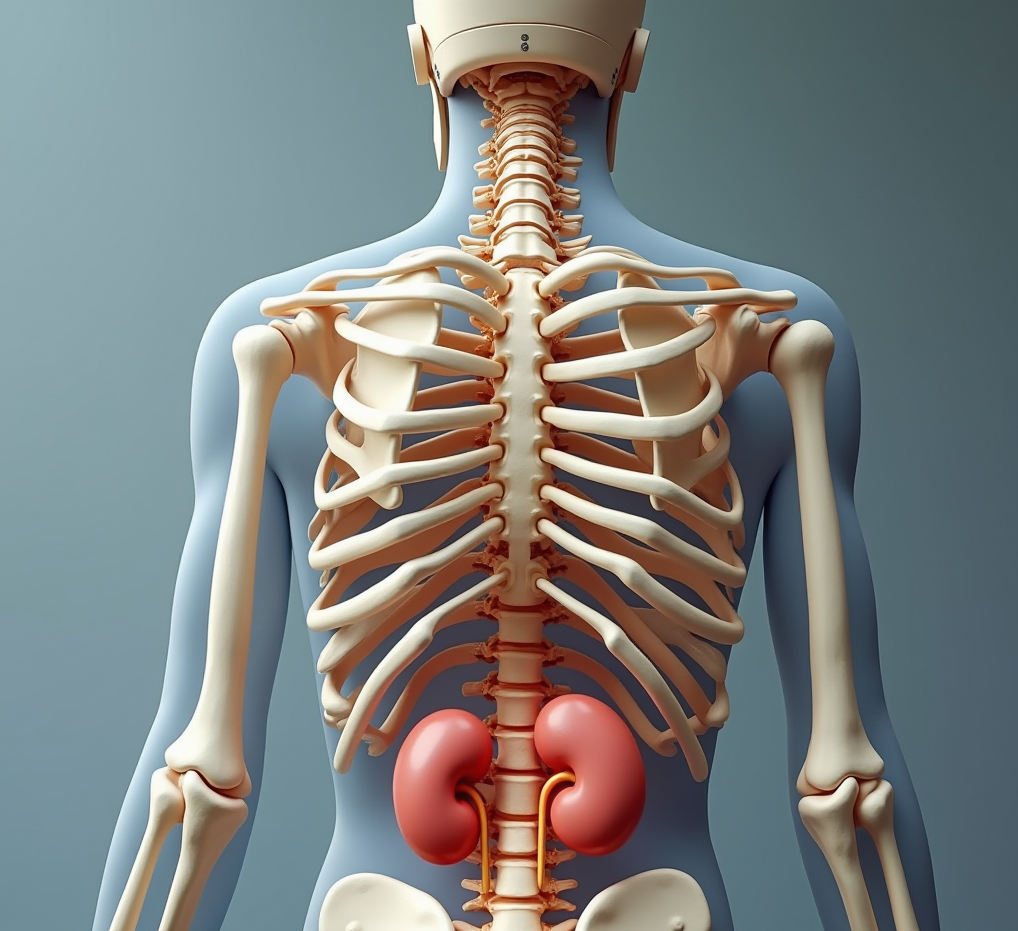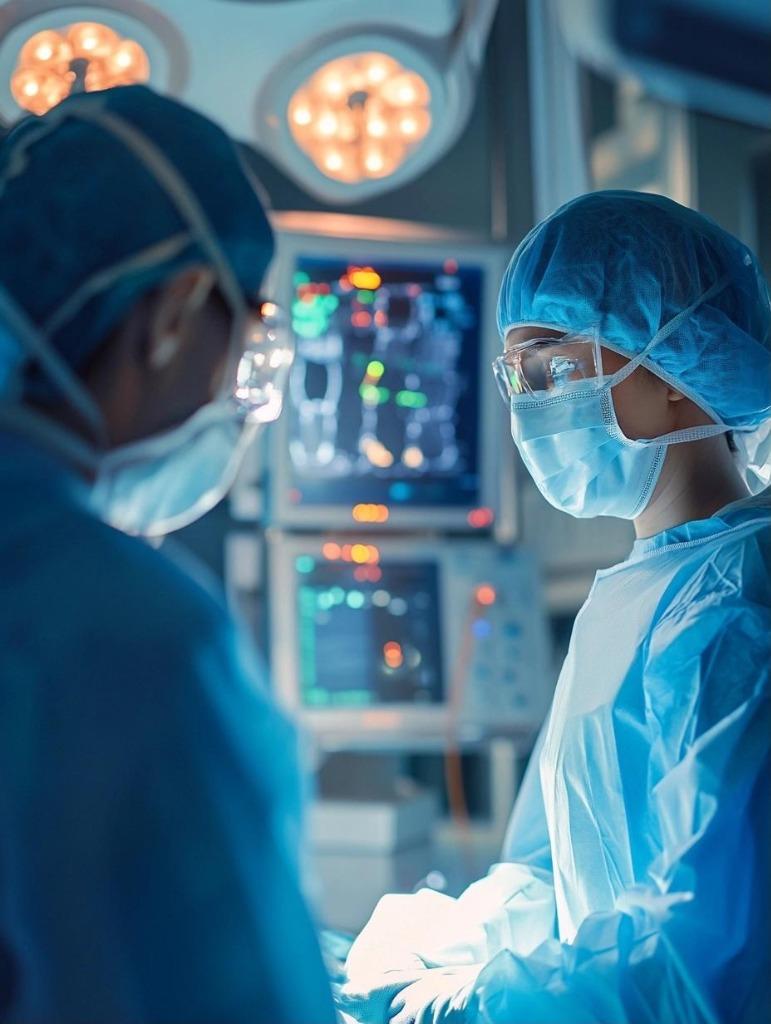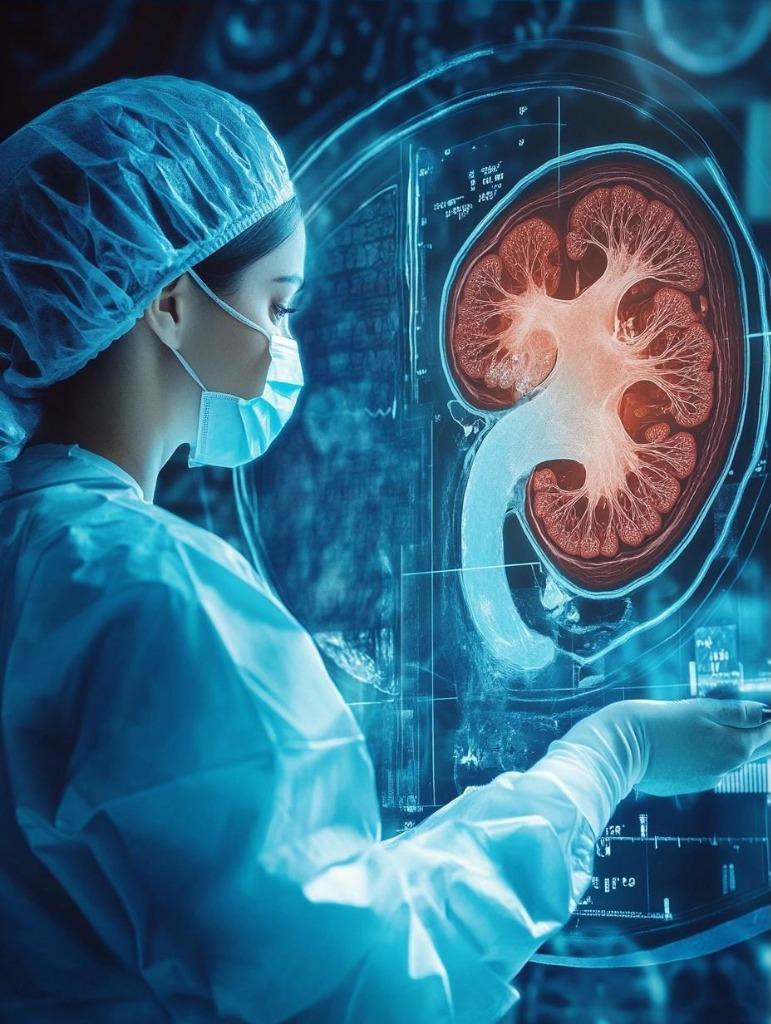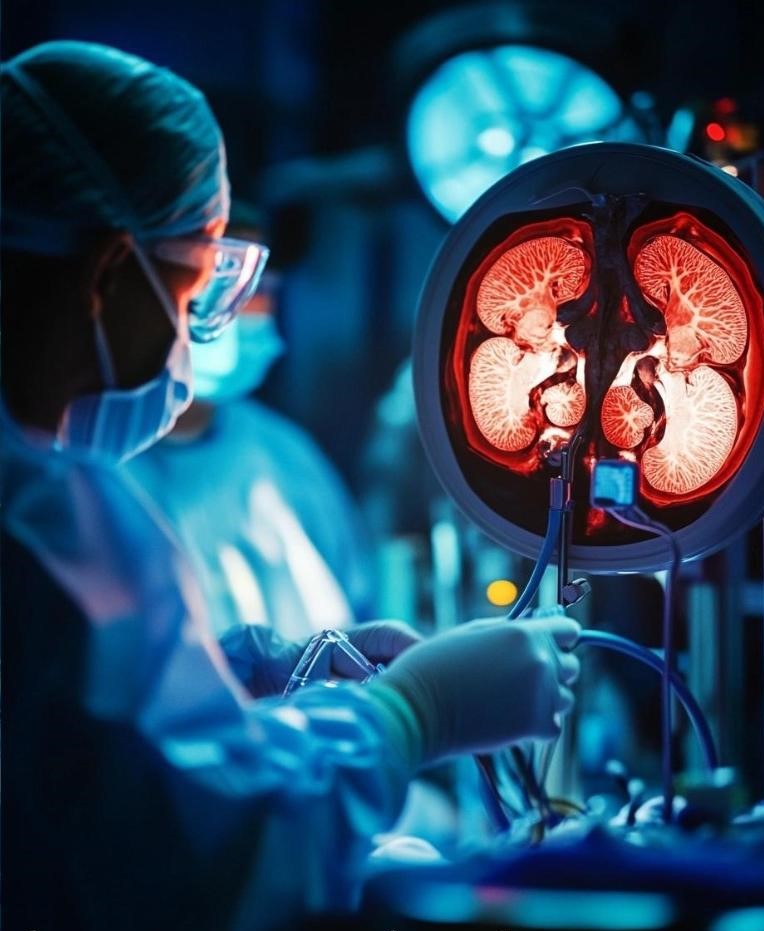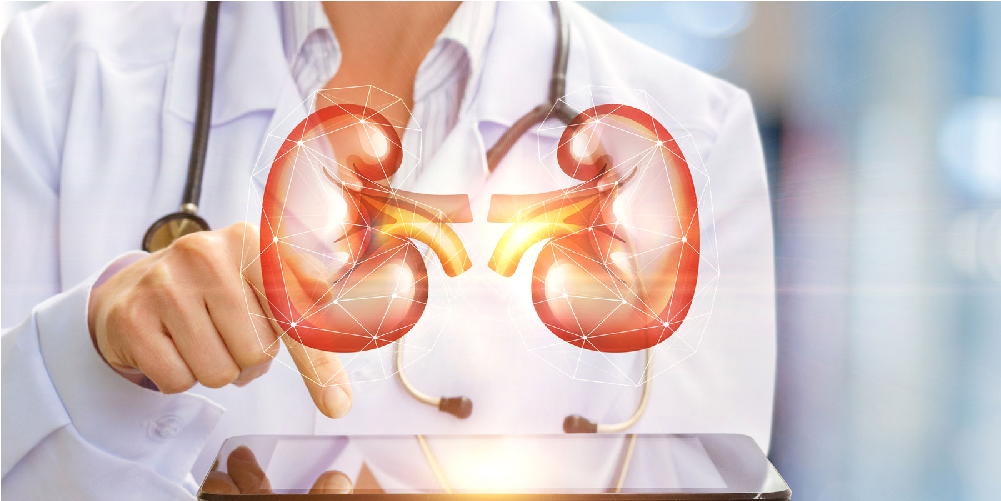
Urology surgery in Iran
Urology, also known as genitourinary surgery, is the branch of medicine that focuses on surgical and medical diseases of the male and female urinary-tract system and the male reproductive organs.
Why Iran for Urology surgery?
thanks to the impressive progress it has made in this field in recent years. Apart from that, Iran offers Urology surgery at very reasonable prices compared to other countries. In short, skilled surgeons, hospitable people, and the low cost of services make Iran a smart choice for those who want to have Urology surgery abroad.
At Awat Clinic in Iran, we specialize in world-class Urology surgery services, providing expert care and advanced surgical solutions to patients from around the globe. Our state-of-the-art facilities and highly skilled medical team ensure the highest standards of care, tailored to meet the unique needs of each patient. Whether you are seeking treatment for complex Urology conditions or specialized surgery, Awat Clinic offers a trusted destination for those looking to combine top-quality healthcare with the convenience and affordability of medical tourism in Iran.
-
Kidney Failure
Kidney failure, also known as renal failure, occurs when the kidneys lose their ability to filter waste from the blood effectively. Symptoms include decreased urination, fluid retention, shortness of breath, fatigue, confusion, nausea, and weakness. Kidney failure can be acute or chronic, and its causes include diabetes, hypertension, and various underlying kidney diseases. Treatment options range from medication and dietary changes to dialysis and kidney transplantation.
-
Kidney Stones
Kidney stones are hard deposits made of minerals and salts that form inside the kidneys. They can cause severe pain, especially when passing through the urinary tract. Symptoms include sharp pain in the back or side, blood in urine, frequent urination, and nausea. Risk factors include dehydration, high salt intake, and certain medical conditions. Treatment involves pain relief, increased fluid intake, and sometimes surgical removal of the stones.
-
Kidney Infection
Kidney infections, or pyelonephritis, are a type of urinary tract infection (UTI) that starts in the bladder or urethra and travels to the kidneys. Symptoms include fever, chills, back pain, nausea, and frequent, painful urination. If left untreated, kidney infections can lead to serious complications. Treatment typically involves antibiotics and sometimes hospitalization.
-
Kidney Cyst and Tumor
Kidney cysts are fluid-filled sacs that can form on the kidneys. They are usually benign and asymptomatic, but large cysts can cause pain, swelling, and impaired kidney function. Kidney tumors, on the other hand, can be benign or malignant. Symptoms of kidney tumors include blood in the urine, a mass in the abdomen, and unexplained weight loss. Treatment for kidney tumors may include surgery, radiation, or chemotherapy.
-
Kidney Cancer
Kidney cancer originates in the kidneys, with renal cell carcinoma being the most common type. Symptoms often include blood in the urine, a palpable mass in the abdomen, weight loss, and fatigue. Risk factors include smoking, obesity, and hypertension. Treatment options depend on the stage of cancer and may include surgery, targeted therapy, immunotherapy, and radiation therapy.
-
Polycystic Kidney Disease (PKD)
PKD is a genetic disorder characterized by the growth of numerous cysts in the kidneys. These cysts can enlarge the kidneys and impair their function, leading to chronic kidney disease. Symptoms include high blood pressure, back or side pain, blood in the urine, and kidney infections. There is no cure for PKD, but treatment focuses on managing symptoms and preventing complications.
-
Nephrotic Syndrome
Nephrotic syndrome is a kidney disorder that causes the body to excrete too much protein in the urine. It leads to swelling, particularly in the feet and ankles, foamy urine, and weight gain due to fluid retention. Causes include diabetes, lupus, and certain infections. Treatment involves controlling the underlying cause, reducing proteinuria, and managing symptoms with medications like diuretics and steroids.
-
Chronic Kidney Disease (CKD)
CKD is the gradual loss of kidney function over time. Early stages may have few symptoms, but as the disease progresses, symptoms include nausea, vomiting, loss of appetite, fatigue, and swelling. Major causes include diabetes and hypertension. Treatment focuses on slowing the progression of the disease through lifestyle changes, medication, and, in advanced stages, dialysis or kidney transplantation.
-
Glomerulonephritis
Glomerulonephritis is inflammation of the glomeruli, the tiny filters in the kidneys. It can be acute or chronic and is often caused by infections, autoimmune diseases, or systemic diseases. Symptoms include blood in the urine, proteinuria, high blood pressure, and swelling. Treatment depends on the underlying cause and may involve medications to reduce inflammation and control blood pressure.
-
Blood in Urine (Hematuria)
Hematuria is the presence of blood in the urine, which can be visible (gross hematuria) or detected only under a microscope (microscopic hematuria). Causes range from urinary tract infections and kidney stones to more serious conditions like kidney cancer. Diagnosis involves urine tests, imaging, and sometimes cystoscopy. Treatment focuses on addressing the underlying cause.
-
Alport Syndrome
Alport syndrome is a genetic disorder characterized by kidney disease, hearing loss, and eye abnormalities. It is caused by mutations in genes related to collagen production, essential for the normal function of glomeruli. Symptoms include blood and protein in the urine, progressive kidney failure, and hearing impairment. There is no cure, but treatment includes managing symptoms and supporting kidney function.
-
Hereditary Nephritis
Hereditary nephritis, including Alport syndrome, is characterized by inflammation of the kidneys due to genetic mutations affecting collagen. Symptoms often begin in childhood and include blood and protein in the urine, progressive loss of kidney function, and hearing loss. Treatment is symptomatic, focusing on blood pressure control and, in advanced cases, dialysis or transplantation.
-
Primary Hyperoxaluria
Primary hyperoxaluria is a rare genetic condition where the liver produces excessive oxalate, leading to kidney stones and kidney damage. Symptoms include recurrent kidney stones, blood in the urine, and kidney failure. Treatment aims to reduce oxalate levels through medication, dietary changes, and hydration. In severe cases, liver and kidney transplantation may be necessary.
-
Cystinuria
Cystinuria is an inherited disorder that causes the kidneys to excrete excessive amounts of cystine, leading to the formation of cystine stones. Symptoms include recurrent kidney stones, blood in the urine, and urinary tract infections. Management includes increased fluid intake, medications to prevent stone formation, and sometimes surgery to remove stones.
-
Proteinuria
Proteinuria is the presence of excess protein in the urine, often indicative of kidney damage. Symptoms include foamy urine, frequent urination, swelling in hands, feet, or face, skin dryness, metallic taste in the mouth, nausea, and vomiting. Causes include diabetes, hypertension, and kidney diseases. Treatment focuses on addressing the underlying cause and may involve medication, dietary changes, and lifestyle modifications.
-
Urinary Tract Obstruction
Urinary tract obstruction is a blockage that impedes the flow of urine, potentially leading to kidney damage. Causes include kidney stones, tumors, congenital abnormalities, and enlarged prostate. Symptoms include pain, difficulty urinating, and urinary tract infections. Treatment involves relieving the obstruction through medication, surgical procedures, or catheterization.
-
Urinary Infection (UTI)
UTIs are infections of the urinary system, including the bladder and kidneys. Symptoms include a strong urge to urinate, burning sensation during urination, cloudy or strong-smelling urine, and pelvic pain. Causes include bacterial infection, often from E. coli. Treatment typically involves antibiotics and increased fluid intake.
-
Nocturia
Nocturia is the condition of waking up frequently at night to urinate. It can be caused by high fluid intake before bedtime, medications, or underlying health conditions like diabetes or heart disease. Symptoms include interrupted sleep and frequent nighttime urination. Treatment focuses on lifestyle changes, medication adjustments, and managing underlying conditions.
-
Frequency of Urination
Frequent urination can be caused by various conditions, including UTIs, diabetes, overactive bladder, and excessive fluid intake. Symptoms include the need to urinate more often than usual, sometimes with discomfort or urgency. Treatment depends on the underlying cause and may involve lifestyle changes, medications, or managing the primary health condition.
-
Kidney Pain
Kidney pain, also known as renal pain, can be caused by infections, kidney stones, injuries, or other kidney disorders. It is often felt in the back or side, below the ribs. Symptoms include sharp or dull pain, fever, and nausea. Diagnosis involves imaging tests and urinalysis, and treatment varies based on the cause, ranging from pain management and hydration to surgery.
Preparing for urology surgery is a crucial step to ensure a smooth operation and recovery. Here’s a detailed list of preparations to consider, tailored to the healthcare experience in Iran:
Medical Preparations
-
Consultations and Tests:
– Pre-surgery Consultations: Meet with your surgeon and anesthesiologist to discuss the procedure, anesthesia, and any potential risks.
– Medical Tests: Complete all required tests such as blood tests, urinalysis, imaging studies (like CT scans or MRIs), and an electrocardiogram (EKG) to assess your overall health.
-
Medications:
– Medication Review: Provide a list of all current medications, including over-the-counter drugs and supplements. Your doctor might adjust or stop certain medications before surgery.
– Pre-surgery Medications: Follow any instructions regarding pre-surgery medications, including those prescribed to prevent infections or manage existing conditions.
-
Diet and Fasting:
– Dietary Restrictions: Follow any dietary guidelines provided by your healthcare team, which might include a special diet before surgery.
– Fasting: Typically, you will need to fast for at least 8-12 hours before the surgery. Your doctor will provide specific instructions on when to stop eating and drinking.
Lifestyle Adjustments
-
Smoking and Alcohol:
– Smoking: If you smoke, try to quit or at least reduce smoking before surgery, as it can affect anesthesia and recovery.
– Alcohol: Avoid alcohol for at least 24-48 hours before the surgery.
-
Physical Condition:
– Exercise: Engage in light exercise to stay fit unless advised otherwise by your doctor.
– Rest: Ensure you get plenty of rest in the days leading up to the surgery.
Practical Preparations
-
Hospital Arrangements:
– Admission Details: Confirm your hospital admission time and any specific instructions for the day of surgery.
– Transportation: Arrange for transportation to and from the hospital, as you won’t be able to drive yourself.
-
Personal Items:
– Packing: Pack a small bag with essentials like comfortable clothing, toiletries, and any necessary medical documents.
– Valuables: Leave valuables and jewelry at home.
-
Support System:
– Caregiver: Arrange for a friend or family member to accompany you on the day of surgery and to assist you during the initial recovery period.
Mental and Emotional Preparation
-
Information and Education:
– Educate Yourself: Learn about the surgery, the recovery process, and what to expect. Being informed can reduce anxiety.
– Questions: Write down any questions or concerns to discuss with your medical team before the surgery.
-
Emotional Support:
– Support Groups: Consider joining a support group or talking to others who have undergone similar surgeries.
– Relaxation Techniques: Practice relaxation techniques such as deep breathing, meditation, or gentle yoga to manage stress and anxiety.
Will there be a scar on the body due to urology function surgery ?
Yes, Urology surgery will leave a scar, but rest assured that Iran’s highly skilled medical professionals focus on minimizing scarring. They often use advanced surgical techniques, such as laparoscopic surgery, to create smaller and less noticeable scars. Over time, these scars fade significantly, and with proper care, they can become barely visible.
How long can you work after kidney surgery in Iran?
Returning to work after Urology surgery depends on the type of job and the specific nature of the surgery. Generally, many patients find that they can return to light, non-strenuous work within 2-4 weeks. However, those with more physically demanding jobs might need a bit more time, usually around 6-8 weeks, to ensure a safe and full recovery.
How long should you rest in iran and recover after the operation?
The recovery period after kidney surgery in Iran is crucial for ensuring long-term health and wellness. Patients are typically advised to rest for at least 2 weeks post-surgery. During this time, it’s important to avoid heavy lifting and strenuous activities. By the 6-8 week mark, most patients feel significantly better and are able to resume their normal routines. The healthcare providers in Iran will give you personalized guidance based on your specific circumstances to ensure a smooth and successful recovery.
urology surgery in Iran, like in many other countries, can vary in duration depending on the type and complexity of the procedure. Here’s a breakdown of typical times:
Laparoscopic (Minimally Invasive) Urology surgery:
– This method is often preferred due to its precision and quicker recovery time.
– Duration: Typically takes about 2 to 4 hours.
Open Urology surgery:
– This method is more invasive and may be used in more complex cases.
– Duration: Usually takes about 3 to 5 hours.
Robotic-Assisted Urology surgery:
– This advanced technique offers high precision and is becoming increasingly popular.
– Duration: Generally lasts around 3 to 4 hours.
The exact duration of Urology surgery will depend on the individual case, the surgeon’s expertise, and the specific medical conditions of the patient. The highly skilled surgeons in Iran ensure that every procedure is conducted efficiently while prioritizing patient safety and outcomes.



